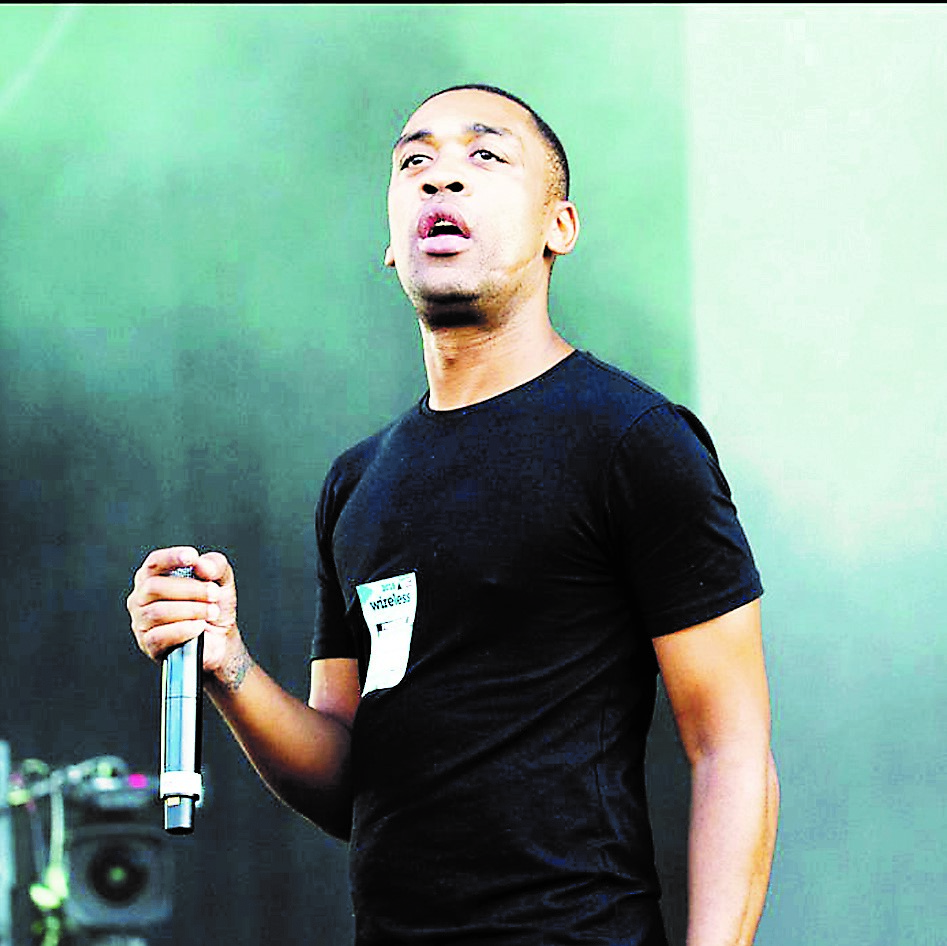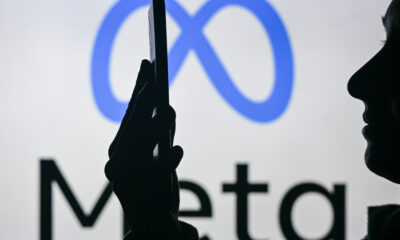
Featured Item

Antisemitism protestors give Twitter silent treatment
A host of politicians, celebrities, high-profile figures, and other social-media users took part in a two-day boycott of Twitter from Monday morning to protest antisemitic hate on the social media platform.
The protest began after an antisemitic rant by British rap artist Wiley was allowed to continue unabated on the platform, even as hundreds of users reported him for hate speech.
Under the hashtag #NoSafeSpaceForJewHate, local and international groups and individuals stepped up the pressure on social-media platforms to clamp down on hate speech. Wiley, 41, whose real name is Richard Cowie, posted a stream of antisemitic tweets on Friday, 24 July, claiming connections between the Jewish community and the Ku Klux Klan, as well as repeated tropes about Jews and money.
The tweets were up for 12 hours before Twitter finally deleted some of them under its “hateful conduct policy”, though others remain. Wiley also posted antisemitic content on Instagram, which at first appeared not to have been deleted. However, Facebook (which owns Instagram) has since deactivated both his Facebook and Instagram accounts. The musician, who has half a million Twitter followers, was suspended from the platform for seven days. Amid a backlash, his management company said it had cut all ties with him. He is also facing a police investigation, and there are calls for his Member of the Order of the British Empire (MBE) for services to music to be forfeited.
The South African Jewish Board of Deputies (SAJBD) supported the walkout from Twitter, and posted its intention to do so as well on its Twitter account at 09:00 on Monday at the beginning of the boycott, writing, “#NoSafeSpaceForJewHate This will be our last tweet for the next 48 hours as we join a walkout against Twitter. Check our other social-media platforms for updates.” The South African Union of Jewish Students Western Cape branch and the Joburg Jewish Mommies Facebook group were other local groups that expressed outrage and joined the boycott.
SAJBD National Director Wendy Kahn said, “The SAJBD has been working closely with organisations like the Anti-Defamation League for many years in addressing issues of cyber-hate involving members of the South African Jewish community. Social media is becoming the number one antisemitism platform, and it has become a priority for the SAJBD to address with its international partners. Twitter’s response to Wiley’s tweets was inadequate, and it’s this that we wish to highlight in this 48-hour walkout. While this is a UK-speared campaign, it has resonated with Jewish communities around the world as well as Jewish allies, including prominent politicians and civil society.”
Among the people and organisations going silent were British Chief Rabbi Ephraim Mirvis and his predecessor, Rabbi Lord Jonathan Sacks, members of parliament, Israeli elected officials, and leading Jewish organisations in Canada and the United States, according to JTA.
Mirvis posted a letter to Twitter Chief Executive Jack Dorsey calling for action against antisemitism on the platform that Dorsey co-founded more than a decade ago. “Your inaction amounts to complicity,” Mirvis wrote.
The protest has already yielded some concrete action. Twitter has temporarily banned Wiley from posting, and deleted his antisemitic tweets after leaving them up for nearly two days. And one of the United Kingdom’s most powerful politicians, Home Secretary Priti Patel, has called on the social media company to explain the delay.
On the role of social media in combating hate, local media expert Gus Silber says: “Twitter is often stereotyped as a toxic swamp where hate speech, abuse, and harassment fester and thrive in short bursts of invective. There is some truth to this, just as there is truth to the counter-perception that Twitter is an engaging and open forum for civil discussion, the sharing of news and views, and free-form ‘social’ schmoozing.
“But there is no doubt that Twitter has struggled since its inception in 2007 to balance freedom of expression with the need to control and monitor hate speech. This latest incident of antisemitic abuse by a public figure is further proof of how far Twitter has got to go to put a workable policy in place. It’s only really when a public figure with a large following openly spouts hatred and abuse that the issue comes into the glare of the spotlight. Otherwise, it very often flies under the radar, however prevalent it may be on small and little-followed accounts.
“This walkout, as a symbolic act, is powerful not because it’s an organised boycott with a hashtag to match, but because it shines an even brighter light on the prevalence of hatred on social media, and increases the pressure on social networks to take strong and meaningful action.
“It will be almost impossible for Twitter to monitor millions of tweets for hateful content. To attempt to do so would burden the network to the point that it would no longer be a viable platform for spontaneous social engagement. Rather, it’s up to users to be on the lookout for hatred and abuse, and to alert Twitter using the reporting function on the site,” Silber says.
“Beyond that, as #NoSafeSpaceForJewHate has demonstrated, organised action by individuals or groups can play a vital role in ensuring that the issue of hatred and antisemitism is kept on the agenda, and that users are reminded that there is no space for hatred on a platform that is meant for social discussion and engagement.”










